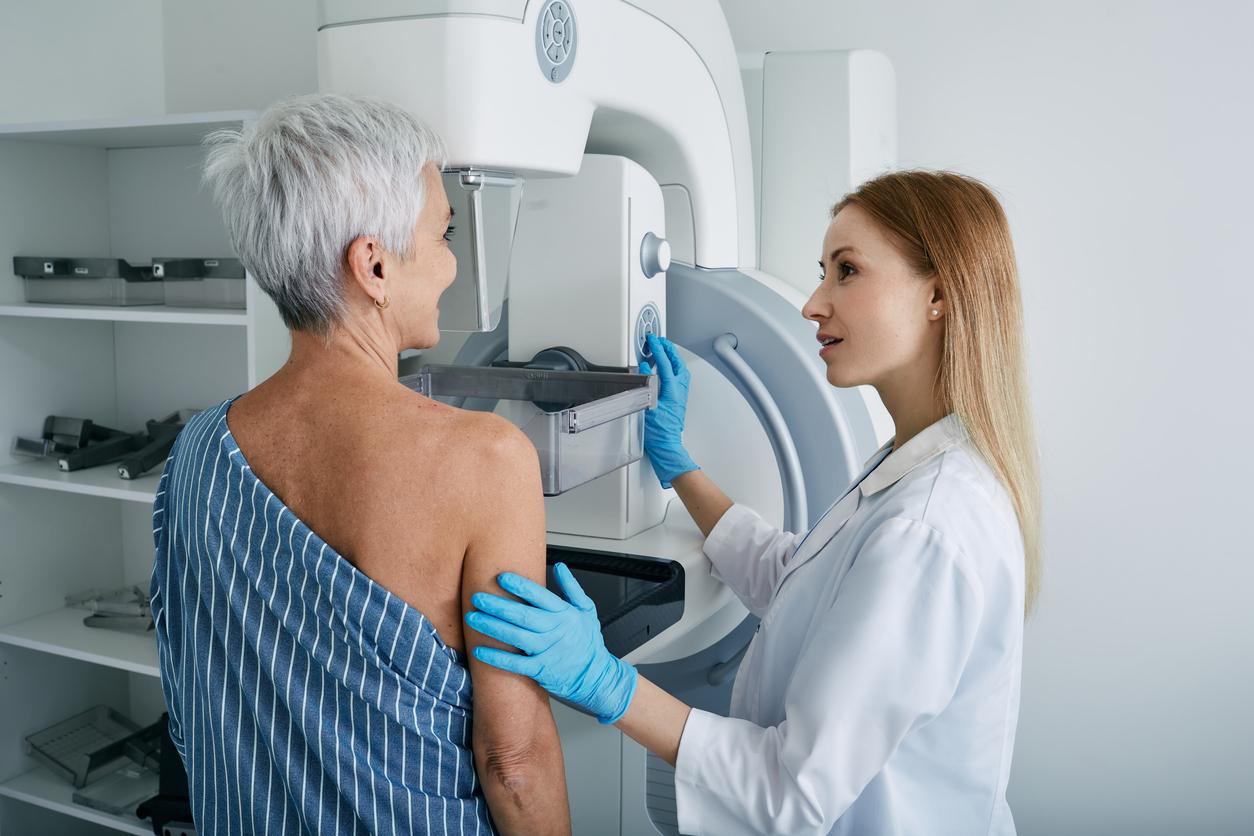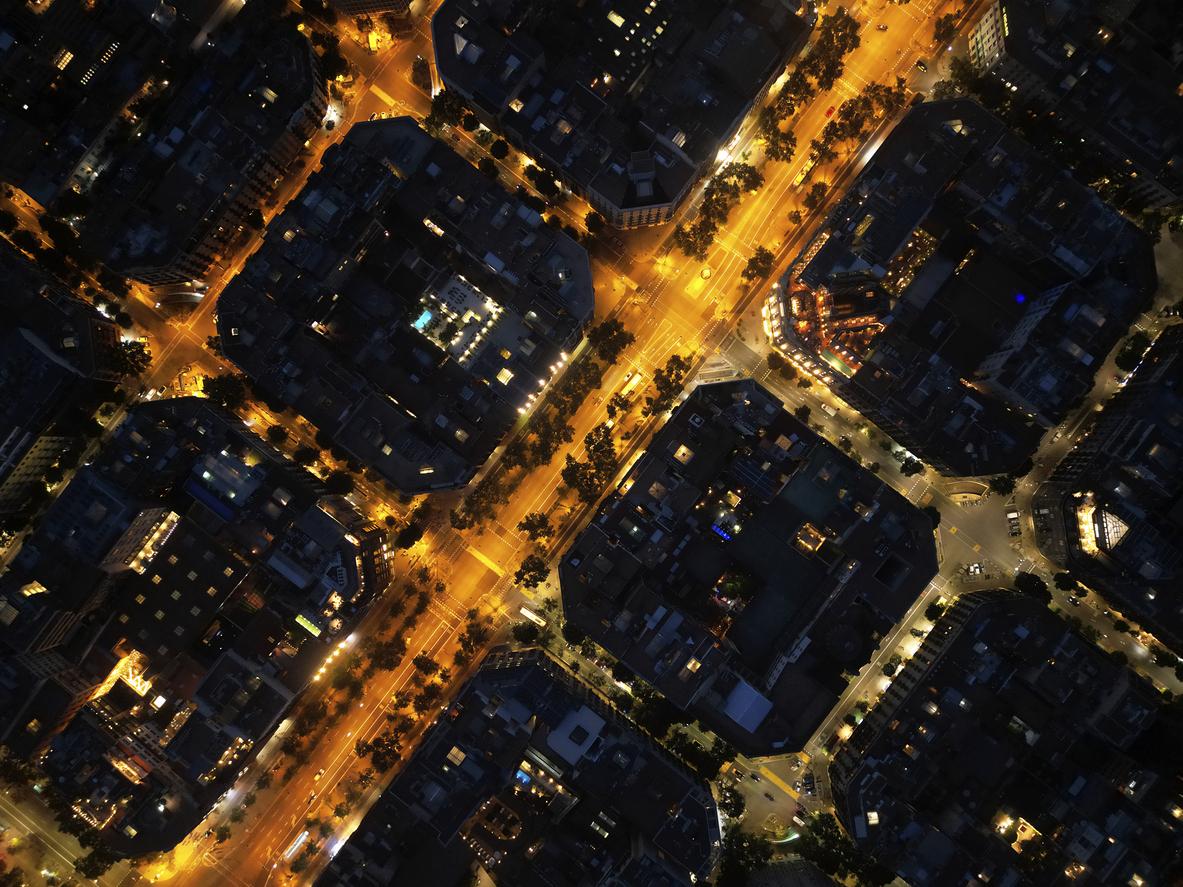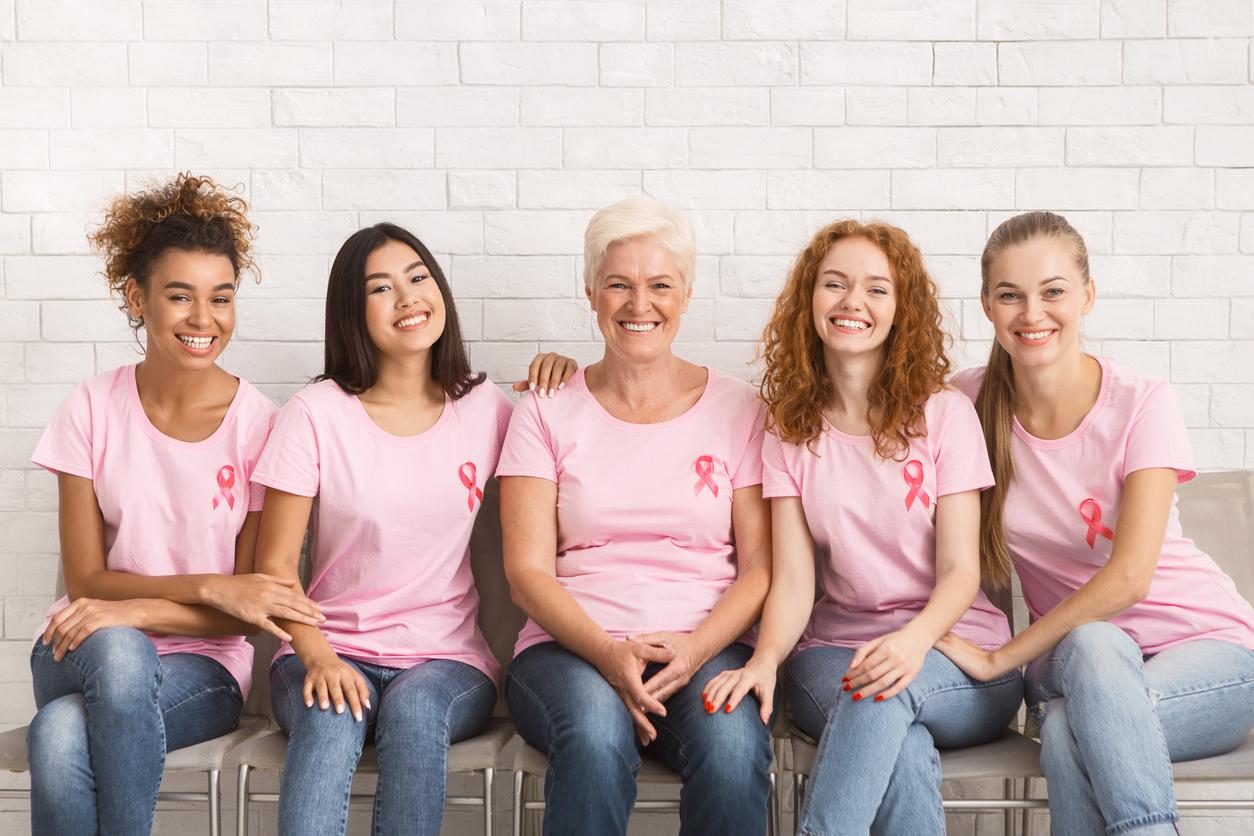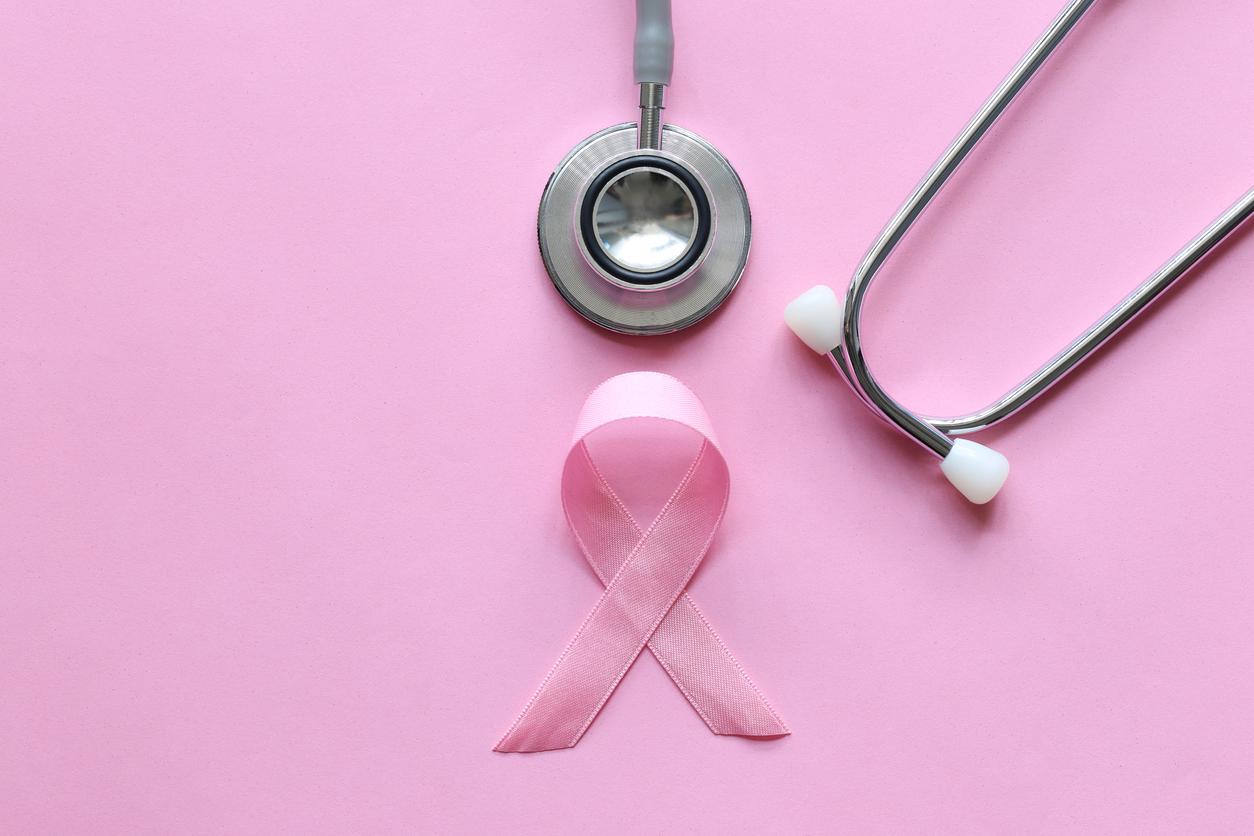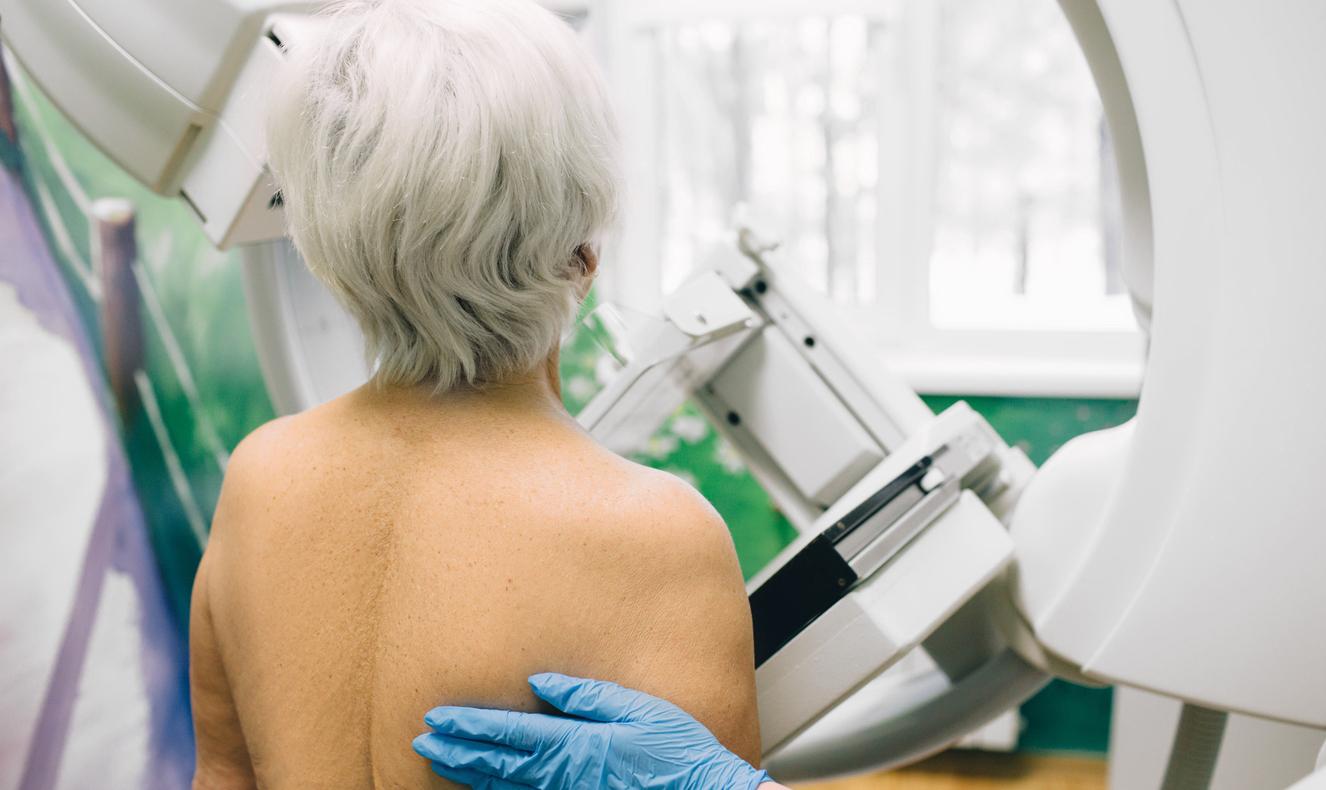Soy is very controversial because of the phytoestrogens it contains. According to some researchers, it could increase the risk of breast cancer, especially consumed in the form of food supplements.
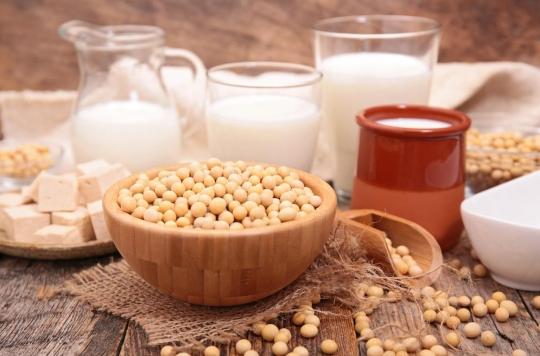
Consumed for thousands of years by Asians, soy has become increasingly popular in the West in recent decades. So much so that, according to a 2017 survey, six out of ten French people now consume it regularly. If this food is regularly praised for its ability to calm intestinal inflammation, it is however very controversial because of the phytoestrogens, isoflavones, it contains. These can bind to estrogen receptors, natural hormones secreted by the ovaries. In doing so, phytoestrogens can disrupt cell function and play an inhibiting or activating role, depending on the organ where they bind. Also, according to researchers, they could increase the risk of breast cancer, the first cancer in women (54,000 new cases annually in France). Why Doctor takes stock.
“Soy is also an important source of phytoestrogens (called isoflavones in the case of soy). These substances, whose molecular structure is close to a natural hormone of the human body, could be endocrine disruptors and promote certain cancers, or even act on the fetus, the young child or fertility”, warned the consumer association UFC-Que choose last May.
In detail, the phytoestrogen content varies greatly from one soy food to another and depending on how it is prepared. While in Asia, traditional food treatments greatly reduce the presence of phytoestrogens, western industrial processes increase it on the contrary. This phenomenon is even more remarkable in food supplements based on soy. In these, believed to have beneficial effects on menopausal hot flashes, osteoporosis, healthy skin and hair, and high cholesterol, the concentration of isoflavones ranges from 1 to 40%.
Beware of soy-based food supplements
Proof of the danger of soy-based food supplements, in March, a French study made the link between these and an increase in risk of non-hormone sensitive breast cancer (worse prognosis). In contrast, soy foods can be eaten daily in small amounts, the researchers note.
Other previous studies had already warned that soy supplements could reduce the effects of certain treatments in women already suffering from breast cancer. As for women in remission, the subject has not yet been studied enough. Also, in the absence of evidence, the precautionary principle applies for the health authorities. On the other hand, some meta-analyses have shown that dietary soy consumption would decrease the risk of recurrence and increase the risk of survival. However, more work is needed.
Caution for women
At the conclusion of a phytoestrogen report published in 2005, the Food Safety Agency (Affsa), therefore invited women to be careful about their consumption of “products derived from soya”. The latter “must not claim an alternative treatment to hormone replacement therapy for menopause”, it is written. “It seems prudent not to recommend supplementation with phytoestrogens or isoflavones in postmenopausal women with a history of breast cancer, although there are no long-term studies”, note the experts, calling for “rigorous control of phytoestrogen advertising”.
Due to these controversies, ANSES (National Agency for Health, Food, Environment and Labor Safety) now recommend to avoid the consumption of soy products for pregnant women and children under three years of age. For others, soy can be consumed in moderation as part of a balanced and diversified diet, the agency points out. In detail, it is recommended not to exceed 1mg of isoflavones per kilo of body weight per day. Thus, someone weighing 60 kg should not eat more than 60 mg of isoflavones per day. As a reminder, one hundred grams of foods derived from soy provide between 10 and 30 mg.

.








